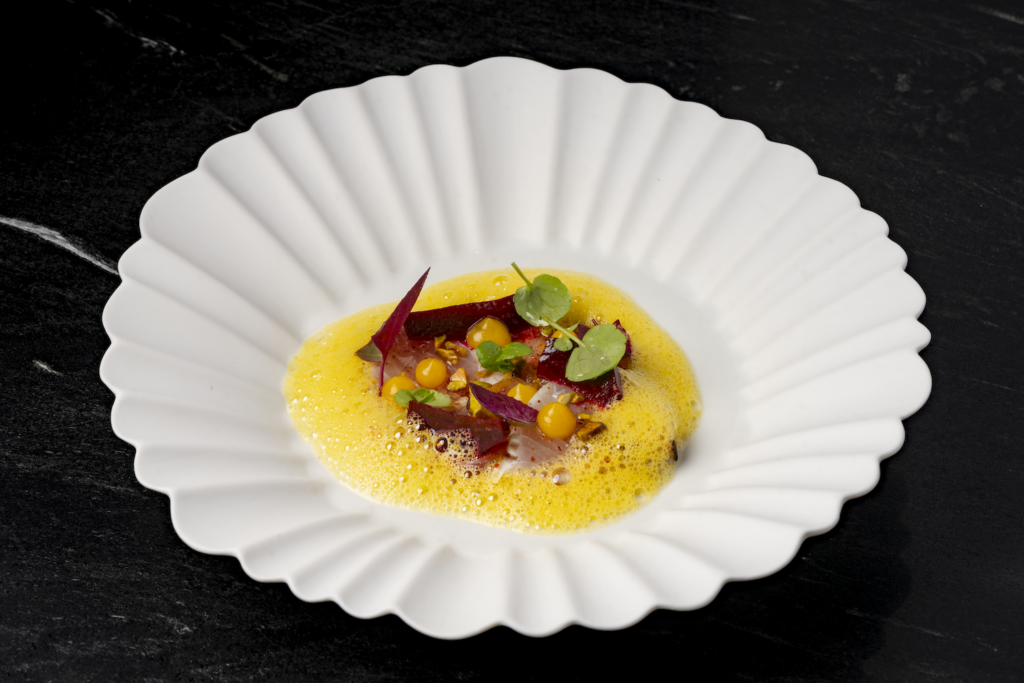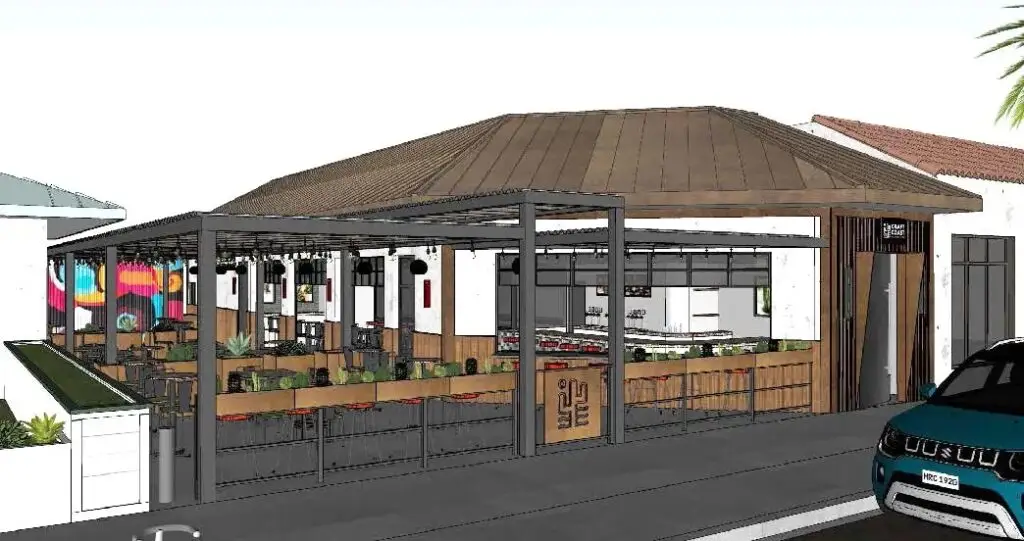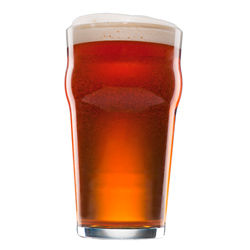Craft brewers are not moonshiners. They’d like to be upstanding citizens and pay municipal dues. But are the dues—most set in place about 70 years ago—fair? In 1979, there were just 44 breweries in the U.S., according to the Beer Institute. Now there are nearly 2,800. San Diego County has 60-plus breweries and more than 10 planned to open in 2013. As the nation’s craft beer hub, local brewers face their own set of problems. “For every barrel of beer, we use five to seven barrels of water,” says Mike Hess of Hess Brewing Company. “That’s a huge cost.” Here’s a short list of things that need to change, according to the city’s top brewmasters.
1. EXCISE TAX
“Ideally, it gets reduced,” says Shawn DeWitt, Coronado Brewing Company co-founder and president of the San Diego Brewer’s Guild (SDBG). Currently, small breweries pay a $7 federal excise tax per barrel (for the first 60,000 barrels). The Small BREW Act, signed by the entire San Diego congressional delegation, would get it lowered to $3.50. “The goal is to save the tax money and reinvest back in our companies—letting us produce more beer and hire more people.”
2. PUBLIC TRANSPORTATION
“That’s the biggest downside to San Diego,” says Doug Constantiner of Societe Brewing. Societe is one of many breweries (Green Flash, Karl Strauss, Alesmith) located in the industrial parks of Kearny Mesa, Sorrento Mesa, and Mira Mesa—far from the city’s urban center. “There are tour buses and taxis,” Constantiner says. “But I can’t imagine if New York had 60 breweries.”
3. BOTTLE SIZE
San Diego brewers aren’t allowed to sell single bottles smaller than 22 ounces—a local edict intended to stifle public drunkenness. “It isn’t a law,” says Modern Times Beer founder Jacob McKean. “It’s a condition dreamed up by the SDPD Vice Squad. The result is a set of bizarre rules that do nothing to prevent me from selling cheap booze to street people, but does make it very difficult to sell high-end, high-ABV beer in small containers.”
4. STANDARDIZATION
The ABC operates on a case-by-case basis when reviewing breweries. For instance, Societe Brewing had initially wanted a spot in Linda Vista. The city nixed the idea due to a lack of parking. Later, Coronado Brewing Company successfully lobbied the city to remove the parking regulation and moved into the spot. Inconsistency makes the system tough to navigate. Several brewers are working on a “beer task force” that will act as a translator between the brewers and the law.
5. SHARING BEER
PARTNER CONTENT
Since its founding in 1997, members of the SDBG have served each other’s beers in their tasting rooms. It created an industry of goodwill, with each brewer sharing the work of talented “competitors.” Last winter, an anonymous tip led ABC officials in San Marcos to squash that practice. “The only beer that can be served in a tasting room is beer from that brewery,” says Jim Crute, founder of Lightning Brewery. So much for goodwill.





















